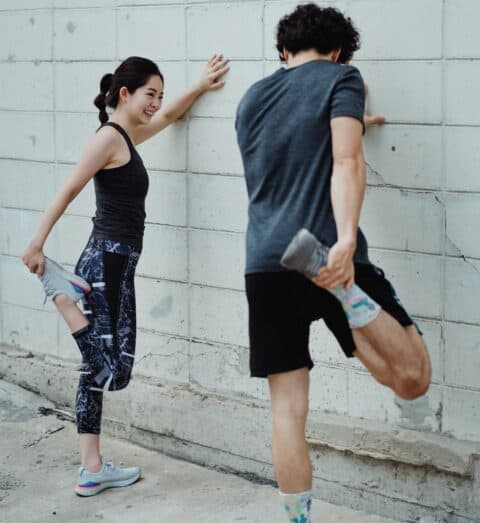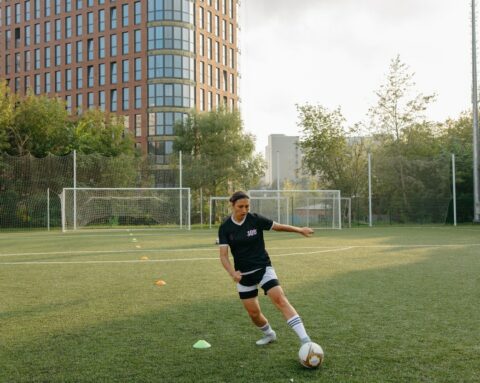A rotator cuff tear is defined as a tear within your shoulders rotator cuff tendons. It is most commonly caused by either trauma from a fall or lifting a heavyweight. As only a few millimetres are separating your tendons from the bone, any additional swelling can cause catching, impingement or squeezing of your rotator cuff tendon. Rotator cuff tears can also occur from repeated micro-trauma which can occur over weeks, months or years.
There are a major group of four muscles that make up your shoulder’s rotator cuff. This group of muscles provide us with the ability to control, stabilise and move the shoulder joint. The muscles work individually in a rotational motion.
Symptoms
The first symptoms of a rotator cuff tear that you will notice are shoulder pain and weakness in lifting your arm. This can range from very mild pain to severe as well as a vast reduction in shoulder functionality. You may also experience clicking when you elevate your shoulder or weakness when reaching behind your back.
If the tear is a full tear you will feel severe shoulder pain and be unable to lift your elbow away from your body. If the tear is minor then you may be able to lift your arm with or without pain. A larger tear can lead to a lack of sleep due to the pain and you could be unable to lift your arm at all.
Diagnosis
Your myotherapist will provide you with a series of tests to diagnose whether you have a suspected rotator cuff tear. In some cases, an ultrasound scan may be required to accurately diagnose the location and size of your tear. It is important to get specific advice from your myotherapist on your unique shoulder injury.
Treatment
If your rotator cuff tear is minimal it can usually heal successfully with some myotherapy and conservative management. If the tear is major then the injury may require surgery to heal. This can at times, require shoulder replacement or reverse shoulder arthroplasty to restore function. Your myotherapist will provide you with guidelines post-operation to help you through your recovery. To recover as quickly and effectively as possible, it is crucial to start treatment early. The best results for treatment occur when the injury is recent. Rotator cuff tears are one of the most common shoulder injuries we see. They are prone to deteriorating if you return to action too quickly. ⠀
Seven stages need to be passed before your injury has been rehabilitated properly:⠀
Early injury protection stage, regaining full motion, scapular control restoration, restoring your normal neck and shoulder function, restoring your strength, restoring your speed, power and agility, and finally returning to your work or sport.
Surgery
If your rotator cuff tear is severe and will not respond to myotherapy, it may require surgery. It is common for there to be at least six weeks between the injury occurring and surgery is contemplated. To gain a comprehensive recovery post operation, myotherapy is a must. The rehabilitation for this injury after surgery is generally between six and twelve months. After six months of rehabilitation, you should be able to regain a large range of motion, strength and function of your shoulder.
Recovery Time
With a rotator cuff tear there us no specific time frame for which you should be progressing from one treatment stage to the next. There will be many aspects of your recovery that will need to be professionally assessed to determine the current status of your recovery.⠀
The best outcome for your recovery will have you operating at full power, agility speed and function. Your myotherapist will seamlessly transition you through the recovery stages to ensure you avoid re-injury!
You can book your next session with us here:






